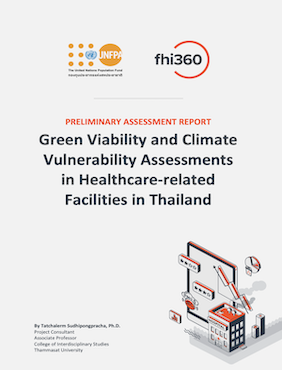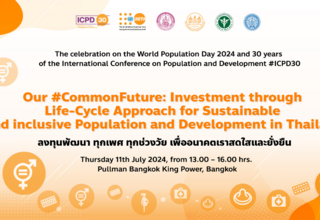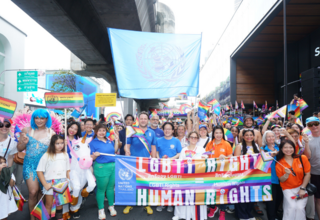Concerns over climate risks and vulnerabilities have recently been gaining ground in many parts of Thailand. The health sector is likely to be affected by the dynamic interplay between urbanization, climate change, and poverty, particularly in hospitals that offer Sexual, Reproductive, Maternal and Child Health (SRMCH) services which can have significant effects on the lives of women and girls at all ages. However, the comprehensive green viability and climate vulnerability assessments of health-related facilities have been conducted in some Asia-Pacific countries, but not in Thailand. Although the Ministry of Public Health has adopted the Green and Clean Hospital practice since 2011, the practice focuses on reducing greenhouse gas emission and achieving sustainable sanitation. Assessing green viability and climate vulnerability of the healthcare facilities can identify and address potential risks and challenges of providing effective healthcare in emergency situations. The results of these assessments can help establish baseline information and prioritize short- and long-term interventions for healthcare facilities in Thailand to mitigate and adapt to climate change.
These coping and adaptive capacities of healthcare facilities are instrumental in protecting and improving health in fragile communities and vulnerable groups, especially women and girls who are likely to be disproportionately affected by climate change.




